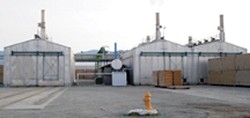
OROVILLE – A representative of Oroville Reload and Reman told the Oroville City Council that the parent company plans $10 million in upgrades to their facilities.
Doug Tracey, from B.C.-based Gorman Brothers Inc., Oroville Reman & Reload’s parent company, updated the city council on the wood products manufacturer’s plans at their Tuesday, April 10 meeting. Tracy said Reman & Reload had $4.2 million worth of revenue last year, an increase in $1.4 million due to several plant upgrades. These included the addition of three dry kilns, as well as an increase in molder volume, the edge glue line and lumber loading. He credits the heavy haul corridor that the city pursued, led by Chris Branch, director of Community Development, as one reason railcar loading revenues have increased steadily since 2007. In 2007, the company brought in $367,000 from loading B.C. products, mostly lumber, for shipment by rail. In 2011 the revenue was $508,000 from carloading. In 2007 the company shipped 2,028 million board feet of lumber, while in 2011 it shipped 48,829 million board feet.
“Ten years ago we started putting the ‘Gorman Edge’ on boards and created all ‘appearance grade’ lumber. We ship this product to 28 countries, with about 50 percent going to the U.S.,” Tracey said. “Today we create mostly 1″x3″ and 1″x4″ for slats for Ikea which uses them to make futon beds which are sold worldwide under Ikea Furniture.”
The company has been making several investments in the Reman and Reload facilities. The new moulder it installed cost $2.7 million. The new dry kilns and bio-energy steam plant cost $5.5 million. They are state-of-the-art, according to Tracey and use some of the best environmental technology available.
“We didn’t need to go as far as we did, but we are very sensitive about being good members of the community,” he said.
Another product manufactured at Reman and Reload utilizes the facility’s edge-glue line, according to Tracey. It takes trim ends and finger joins them together to create 16 foot lumber which is then edge-glued to others to make panels.
The company plans to make $10 million in high tech upgrades to their facility, a significant investment, says Tracey, who adds dealing with the city has been a real pleasure for the company, because of it’s support.
“We will keep the edge-glue line we just put in and move the rest of the equipment in that building out by May and then install one of the highest speed moulders in North America… it will be a showpiece for North America,” he said.
“Lumber will come in from the dry kiln and then go to the moulder… it is then scanned and optimized for the trim saw, graded and auto-stacked at the end and then paper wrapped. We will have all of one line with everything under one roof. We also plan to bring in other people’s lumber to process.”
Reman & Reload employs 62 people full time at an average wage of $15 per hour, said Tracey, adding that after the upgrades are made it expects to add 15 more employes.
“We hope to have it up and ready by mid-August, a lot of the equipment is already on site,” he said. “It’s quite exciting to have a use for all that small dimensional lumber, it’s what I like.”
Gorman Brothers started in Westbrook, B.C. in the 1950s and came to Oroville in 1964 and operated the Bin and Pallet where Les Schwab Tires is now located. Much of their business then was the manufacture of tree spreaders and they employed between nine and 12 people, Tracey said. The company moved to their current location 15 years ago because of its proximity to the railroad tracks. About 80 percent of the lumber from Gorman Brother’s B.C. Mills it trucked to Oroville and reloaded onto rail cars for shipment to locations around the U.S., mostly to the east coast.



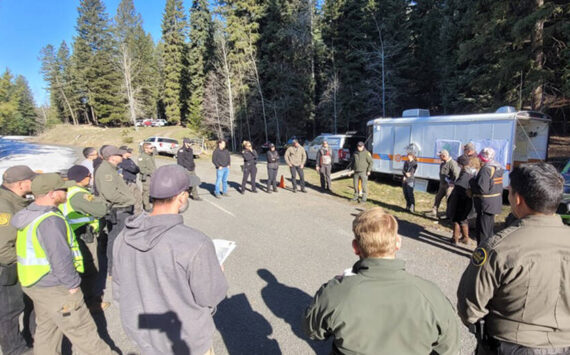
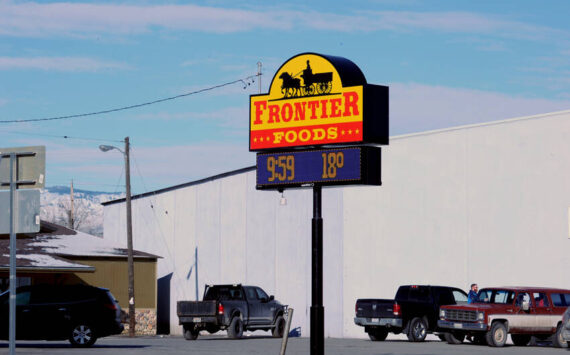
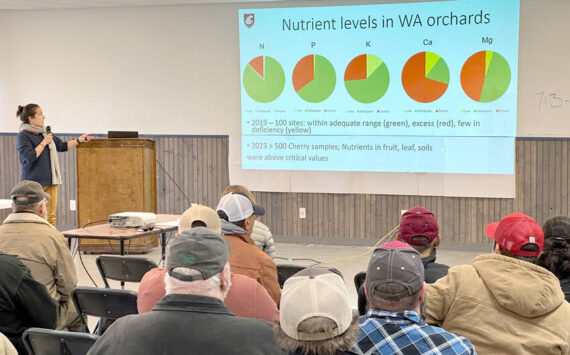
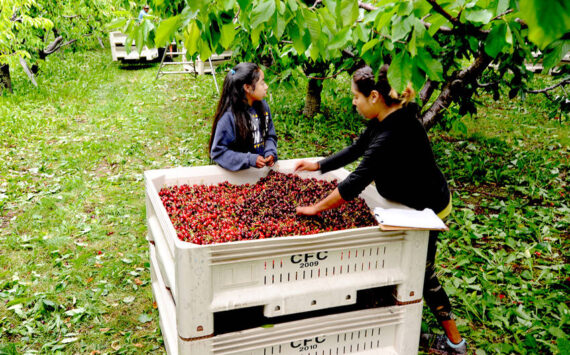

Comments are closed.